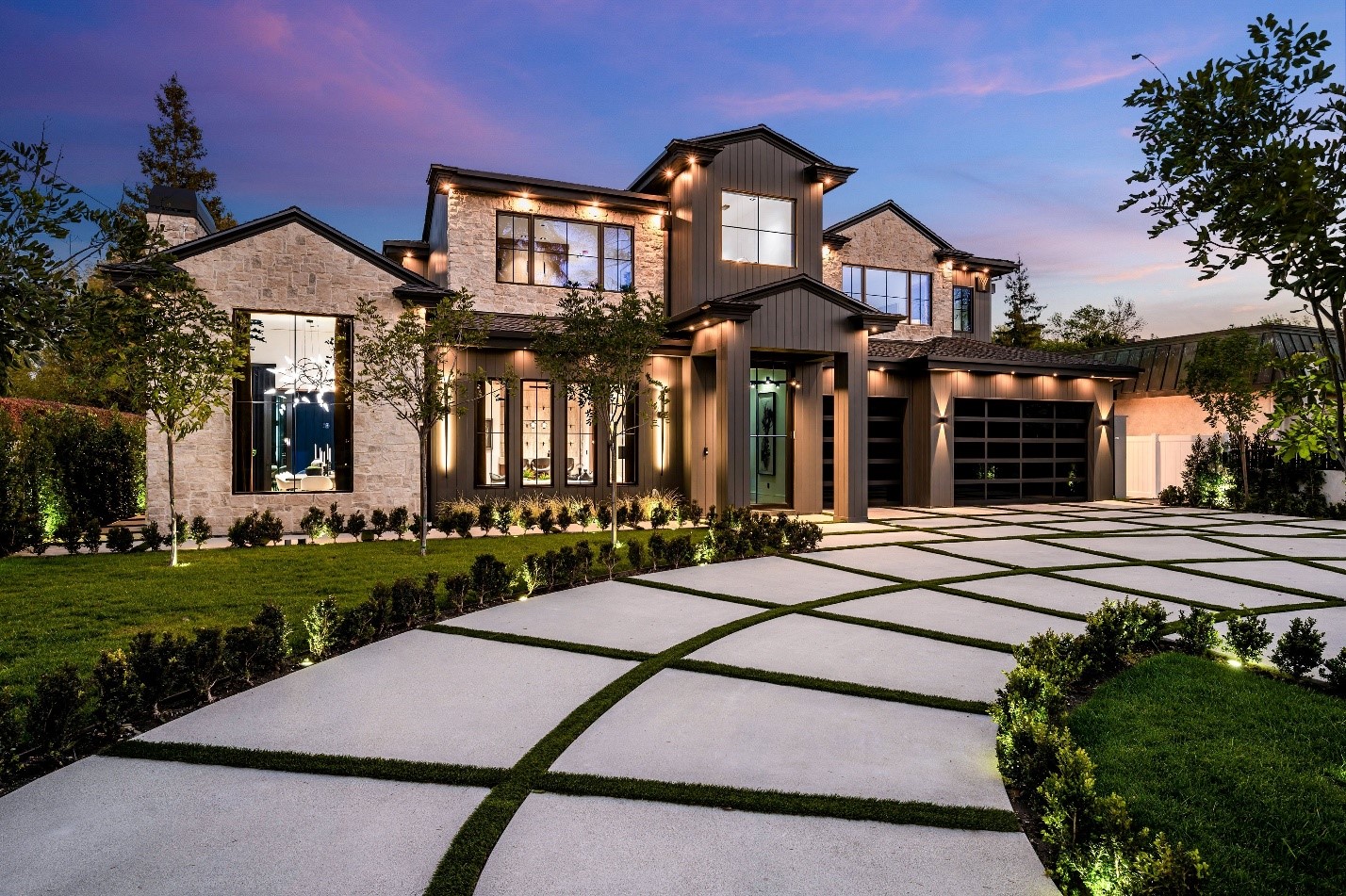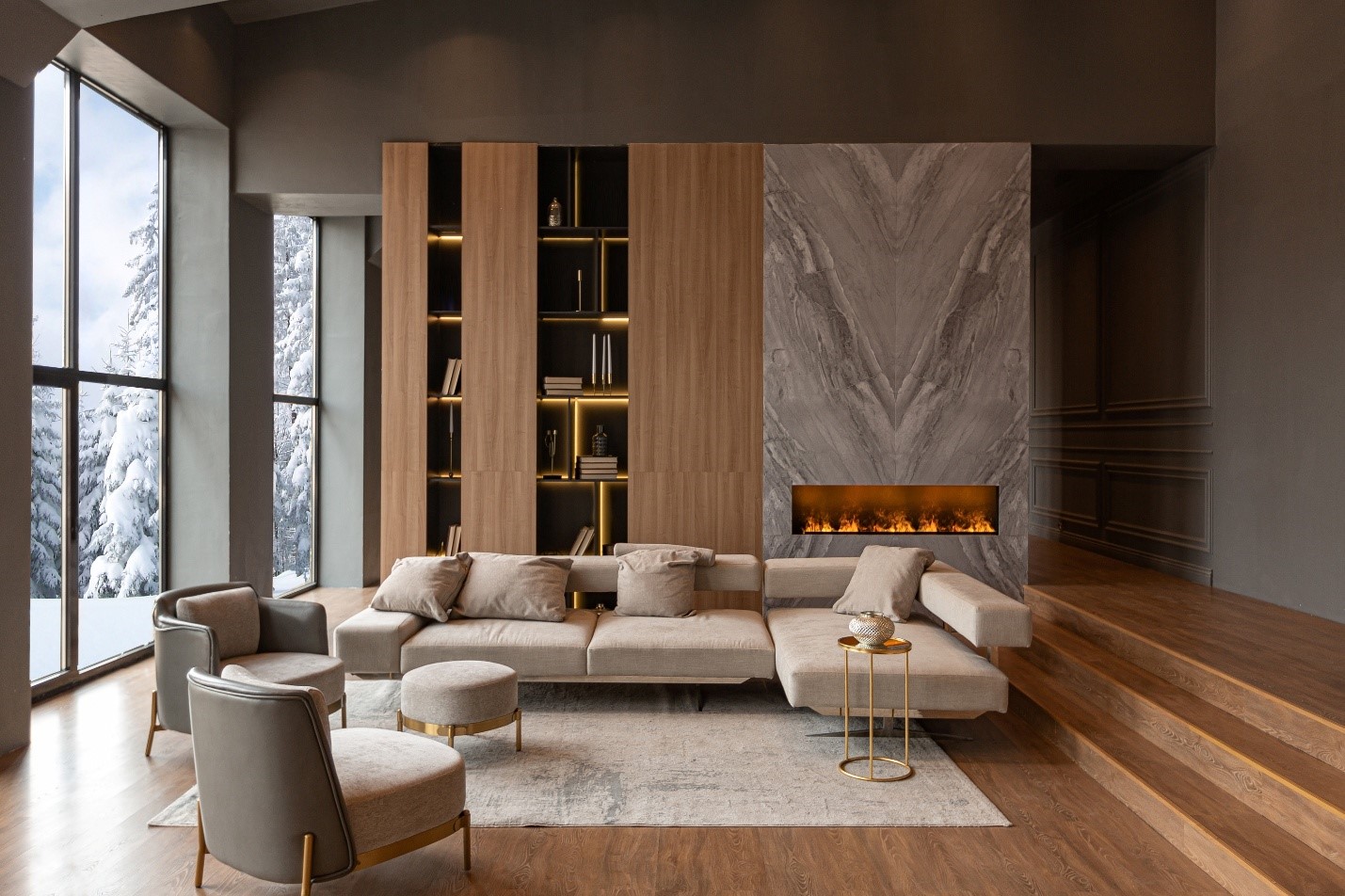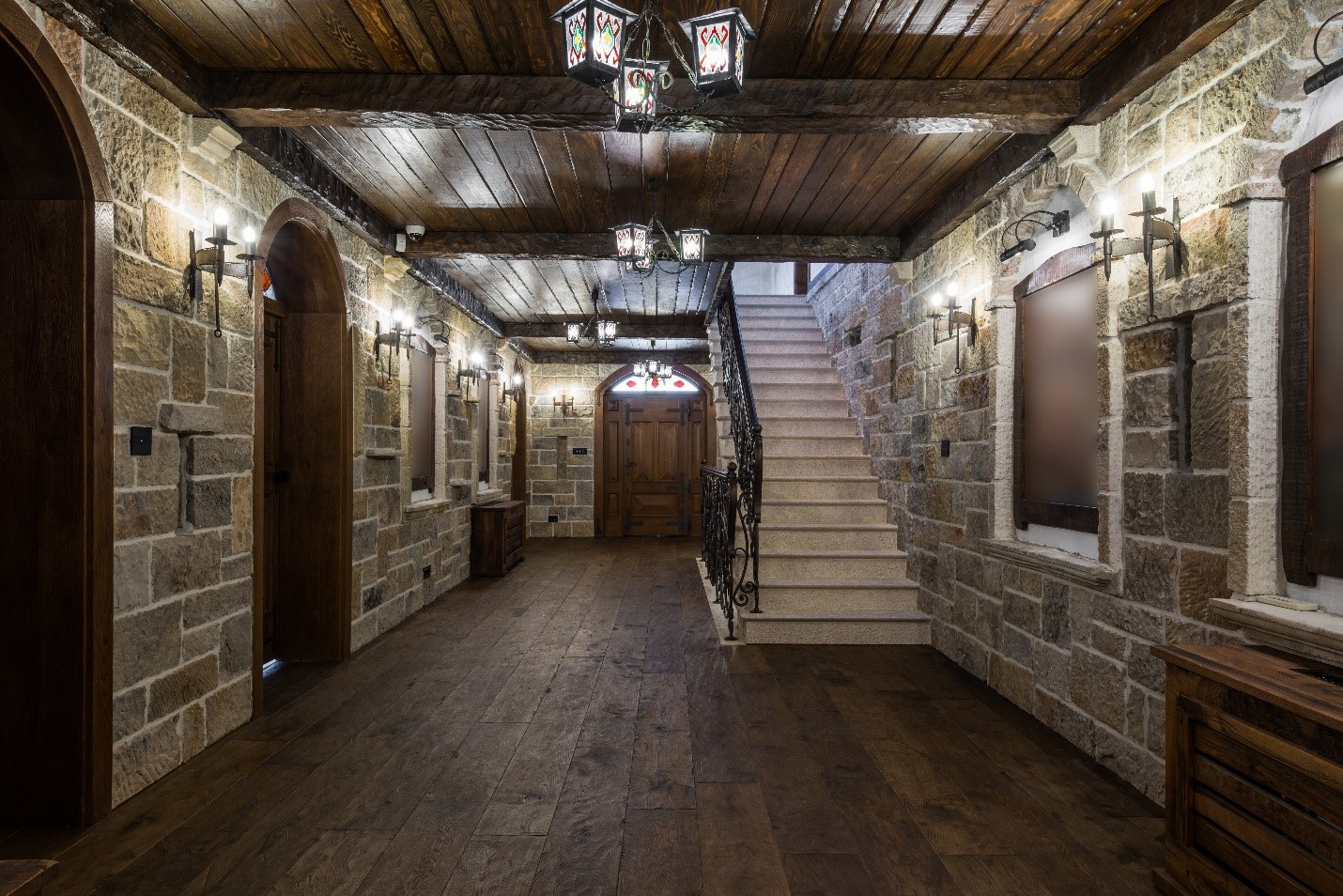
The Real Cost of Owning a Big Home
For many, the dream of owning a large home is deeply ingrained in the idea of success. It’s the image of a sprawling estate with a three-car garage, a gourmet kitchen, guest suites, and a backyard oasis with a large Olympic-size swimming pool. It’s the fantasy sold by glossy magazines and real estate shows: more space equals more happiness. Is that right? But, behind the grandeur and square footage lies a complex reality. One that many homeowners only discover after the ink dries on the mortgage papers.
Owning a big home isn’t just about having more space. It’s about managing more responsibilities, more expenses, and sometimes, more stress. In this blog, we’ll explore the real cost of owning a big home: Not just financially, but emotionally, environmentally, and socially. Whether you’re considering upsizing or simply curious, this deep dive will help you make a more informed decision when it comes time to sign the dotted lines.
Last Updated: July 7, 2025

Disclaimer: I am not a licensed financial advisor, financial planner, tax professional, or attorney. The information provided in this blog is for general informational and educational purposes only and should not be construed as professional advice. Always consult with a qualified expert before making financial, legal, or tax-related decisions.
1. The Financial Reality: Beyond the Mortgage
Mortgage Payments
Let’s start with the obvious: bigger homes obviously will cost more. That means higher mortgage payments, especially if you’re financing with a conventional loan. For example, A $1,000,000 home with a 20% down payment and a 30-year fixed mortgage at 6.5% interest may cost you approximately $5,500/month in principal and interest alone.
Property Taxes
Property taxes are calculated based on the assessed value of your home. Larger homes on bigger lots in desirable neighborhoods are taxed at much higher rates. In some states, property taxes on luxury homes can run to the tune of $28,000 annually.
Homeowners Insurance
Insurance premiums scale with the value and size of your home. A larger home with high-end finishes, a pool, and a finished basement will cost significantly more to insure. Expect to pay anywhere from $5,000 or more annually, depending on location and coverage.
Interest Over Time
Even if you can afford the monthly payment, consider the long-term cost of owning. Over 30 years, you may pay hundreds of thousands in interest alone. Just the interest paid over the life of the loan alone may buy you another house. Read that over again. This is the reality, and most people have no clue.

2. Utilities: The Hidden Monthly Drain
Heating and Cooling
Climate control in a large home is no small feat. Multiple zones, high ceilings, and expansive windows can make heating and cooling very inefficient and expensive. In colder climates, heating bills can soar in winter; in warmer regions, air conditioning costs tend to spike in summer.
Water Usage
More bathrooms, a larger lawn, and luxury features like pools or fountains can mean higher water bills. Irrigation systems alone can add hundreds to your monthly expenses during peak summer days and droughts. If you have a septic system, as seen in the suburbs, you will need to maintain it too.
Electricity
Think of all the lights, appliances, and electronics spread across thousands of square feet. Add in outdoor lighting, garage doors, and security systems, and your electric bill could easily double when compared to a smaller home. Appliances may need to be replaced every five years or so. Back then, appliances were built to last, but today, they may last at most five years-if you are lucky.


Unlock your financial freedom.
Download this FREE eBook!.
How to make $100,000/month? Stop being average and think big.
Yes, this eBook is Free. Just drop your email to get instant access. It will be sent to your email.
How To Make $100 A Day – 23 Real Ways To Make Extra Money
16 Best Ways To Get Paid To Read Books in 2025
How To Become Rich – Strategies To Become Wealthy
18 Passive Income Ideas To Earn $1,000+ Each Month
Best Rewards Credit Cards For 2025 | What You Need To Know
Subscribe for exclusive insights
PLUS: Get Access to exclusive financial tips, learn everything about money and get early blog updates – delivered directly to your inbox .
3. Maintenance and Repairs: The Bigger the Home, the Bigger the Headache
Routine Maintenance
A big home requires constant upkeep. Lawn care, gutter cleaning, HVAC servicing, pest control, garbage pickup, and snow removal are just the bare minimum. If you opt to outsource these tasks, expect to pay a premium.
Wear and Tear
Roofs, driveways, siding, and windows all have lifespans. Replacing them on a large scale is expensive. A new roof for a 5,000-square-foot home can cost upwards of $30,000.
Unexpected Repairs
Roofs, driveways, siding, and windows all have lifespans. Replacing them on a large scale is expensive. A new roof for a 5,000-square-foot home can cost upwards of $30,000.

4. Furnishing and Decorating: Filling the Space
Furniture Costs
Empty rooms don’t stay empty for long. Furnishing a large home with quality pieces can easily run into the tens of thousands. Custom furniture, built-ins, and outdoor sets add up even more.
Décor and Design
Window treatments, rugs, artwork, and accessories are often overlooked in budgeting. Decorating a large home tastefully requires time, money, and a lot of professional help to suit the owner’s taste and lifestyle.
Renovations and Upgrades
Bigger homes often come with bigger renovation ambitions. Whether it’s updating the kitchen, adding smart home features, or finishing the basement, the costs scale with size.
5. Time and Effort: The Lifestyle Tax
Cleaning
Cleaning a large home is a full-time job. Even with help, managing schedules, supplies, and quality control takes effort. DIY cleaning can consume hours each week.
Organization
More space often leads to more clutter. Closets, garages, and storage rooms fill up quickly. Staying organized requires systems, discipline, and sometimes professional organizers, if you choose not to do them yourself.
Security
Large homes may require advanced security systems, cameras, motion sensors, and monitoring services. These add to both cost and complexity.

6. Emotional and Psychological Costs
Isolation
Ironically, more space can lead to less connection and increased isolation. Family members may retreat to separate wings, reducing shared time and interaction. The intimacy of smaller homes often fosters much stronger bonds.
Stress and Pressure
The financial burden of maintaining a large home can be stressful. Homeowners may feel pressure to keep up appearances, host events, or maintain a certain lifestyle. They may also tend to compare themselves with their neighbors.
Decision Fatigue
More rooms mean more decisions: what to do with the guest room, how to decorate the den, and when to renovate the basement. The mental load adds up. The stress and the mental fatigue build.

7. Environmental Impact
Energy Consumption
Land Use
Big homes often sit on large lots, contributing to urban sprawl and reducing green space. This can impact local ecosystems and wildlife.
Waste Generation
More space means more stuff and more waste. Packaging, furniture, décor, and renovation materials all contribute to landfill overflow.
8. Opportunity Cost: What Else Could You Do with That Money?
Travel and Experiences
The money spent on a large home could fund vacations, adventures, and experiences that create lasting memories. Homeowners often travel less due to feeling anchored by their property and the obligations it entails.
Investing
Instead of pouring money into a large home, you could invest in stocks, rental properties, or retirement accounts. The long-term returns may be more rewarding.
Time Freedom
A smaller home often means fewer financial and time obligations, allowing for more flexibility in career choices, hobbies, and lifestyle.

9. Social Expectations and Status Pressure
Keeping Up Appearances
Large homes often come with social expectations: hosting parties, maintaining landscaping, and upgrading interiors. This can lead to a cycle of spending to maintain status.
Neighborhood Norms
Living in a high-end neighborhood may pressure you to match your neighbors’ standards, whether it’s cars, renovations, or holiday decorations.
Comparison Culture
Social media amplifies comparison. Seeing others’ homes can lead to dissatisfaction, even if your home is objectively beautiful and spacious. Comparing oneself to others can have drastic physical, mental, and emotional consequences.
10. Is It Worth It? Questions to Ask Yourself
Before buying or upgrading to a big home, consider these questions:
- Why do I want a bigger home? Is it for comfort, status, or necessity?
- Can I afford the full cost of continued ownership, not just the mortgage?
- Will this home support the lifestyle I want?
- Am I prepared for the time and effort required to maintain it?
- Could a smaller home offer more freedom, flexibility, and peace of mind?

When Is a Big Home Worth It?
Despite the costs, there are situations where a large home makes sense:
- Large families who need space for children and relatives
- Home-based businesses that require dedicated offices or studios
- Frequent hosts who entertain often and need guest accommodations
- Multigenerational households sharing living expenses
If the benefits align with your lifestyle and values and you can comfortably afford it, a big home can be a rewarding investment.

Alternatives to Consider
If you’re drawn to the idea of space but wary of the costs, you may consider these alternatives:
1. Smaller Home with Smart Design
Modern architecture offers efficient layouts that maximize space without excess square footage.
2. Townhomes or Condos
These options often come with shared maintenance, lower costs, and community amenities.
3. Renting Luxury
Instead of owning, consider renting a large home for special occasions or short-term needs.
4. Co-Living Spaces
Shared housing models offer affordability and community without sacrificing comfort.

Final Thoughts: Rethinking Your Dream Home
Owning a big home isn’t inherently bad. For some, it’s a source of pride, comfort, and joy. But it’s important to approach the decision with eyes wide open and a realistic mindset. The real cost of a big home includes financial strain, time investment, emotional weight, and environmental impact.
The allure of a big home is powerful, but it’s not always practical. Before committing to a large property, take time to evaluate your financial situation, lifestyle goals, and emotional needs. Ask yourself:
- Will this home enhance my life, or complicate it?
- Am I buying for myself, or to impress others?
- What am I giving up in exchange for more space?
Owning a big home can be a dream come true or a costly burden. The key is to make a conscious, informed decision that aligns with your values and long-term vision.
Sometimes, less truly is more. A smaller home can offer simplicity, intimacy, and freedom. It can help reduce stress, increase savings, and allow you to focus on what matters most: relationships, experiences, and personal growth.
So, before you chase square footage, ask yourself: what kind of life do I want to build inside those walls?
From Experience to insight : Transformational reads for the Strategic mind
Foundational readings for big shifts:
- How to Track Spending without Getting Overwhelmed
- The 7-Day Money Reset Plan: Take Back Control In Just One Week
- Are You Throwing Away $5,000 a Year on Food Waste Without Realizing It?
- Decluttering Your House and Your Life
- The Psychology of Spending: Why We Overspend and How to Stop It
- Mastering the Envelope Method
Author: Make Money Unstoppable
Welcome to Make Money Unstoppable Personal Finance Made Simple, a blog born out of necessity, a space created from real-life experiences, hard-earned lessons, and a deep-seated desire to share what I wish someone had taught me or had known sooner.
Newsletter Invite
Want more real-world information on Money? Join my newsletter for practical tips, updates on my books, and strategies to help you build financial freedom on your terms.
#FinancialFreedom #Newsletter #MoneyTips




5 replies on “The Real Cost of Owning a Big Home”
[…] The Real Cost of Owning a Big Home […]
[…] The Real Cost of Owning a Big Home […]
[…] The Real Cost of Owning a Big Home […]
[…] The Real Cost of Owning a Big Home […]
[…] The Real Cost of Owning a Big Home […]